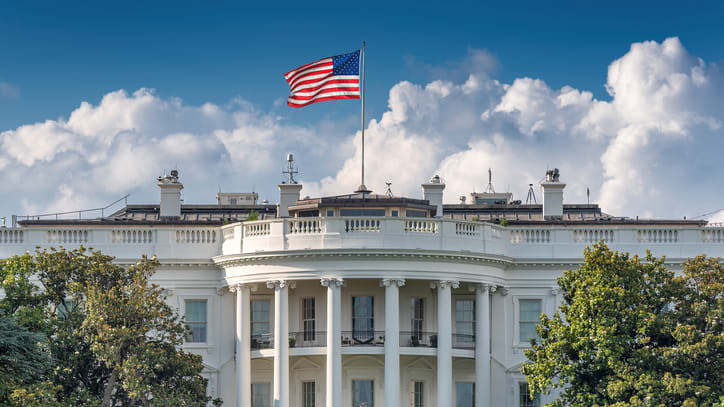The White House recently published a "Blueprint for an AI Bill of Rights" on protections related to algorithmic bias and discrimination in automated and artificial intelligence technologies; employee data privacy; and employer surveillance of the workplace. Employment is listed as one of several "sensitive domains" deserving of enhanced protections.
We've rounded up articles from SHRM Online and other outlets to provide more context on the news.
Not Enforceable
It is important to note that the White House guidance is not legally binding; is not an official policy, regulation or law; and does not include enforcement measures. The guidelines also fall short of the European Union's landmark General Data Protection Regulation (GDPR) that has forced global organizations to change how they collect data, among other things.
Still, some technology leaders said the White House blueprint could lead to heavy-handed regulation that might risk putting U.S. businesses at a disadvantage and stifle innovation.
Use of AI in the Workplace Raises Legal Concerns
Artificial intelligence tools flooding the HR technology marketplace can bring great value to organizations but also carry significant legal risks if not managed properly. Any employer that wants to use AI in the workplace needs to weigh the benefits against the potential legal risks and must also keep a close eye on emerging laws to stay in compliance.
SHRM Research Shows AI Use Growing, Ethical Questions Remain
Most talent acquisition professionals who use artificial intelligence and automation technology say it improves time-to-fill, but they are still uncertain about whether the tools protect against bias.
New York City to Require Bias Audits of HR Technology
New York City's first-of-its-kind law prohibiting employers from using AI and algorithm-based technologies for recruiting, hiring or promotion purposes without those tools first being audited for bias takes effect in January 2023.
HR Must Be Vigilant About the Ethical Use of AI Technology
HR leaders share their thoughts on the conflict that exists between the competitive advantage AI technology can provide and the negative implications, like unintended bias, it can introduce.
Don't Forget That AI Can Be Used for Good
Advanced technologies can address bias, strengthen hiring decisions and create the leading HR organizations of the future, but that means first getting over the fear of what could go wrong and instead resolving to invest the time and effort to use these powerful tools responsibly.
An organization run by AI is not a futuristic concept. Such technology is already a part of many workplaces and will continue to shape the labor market and HR. Here's how employers and employees can successfully manage generative AI and other AI-powered systems.




